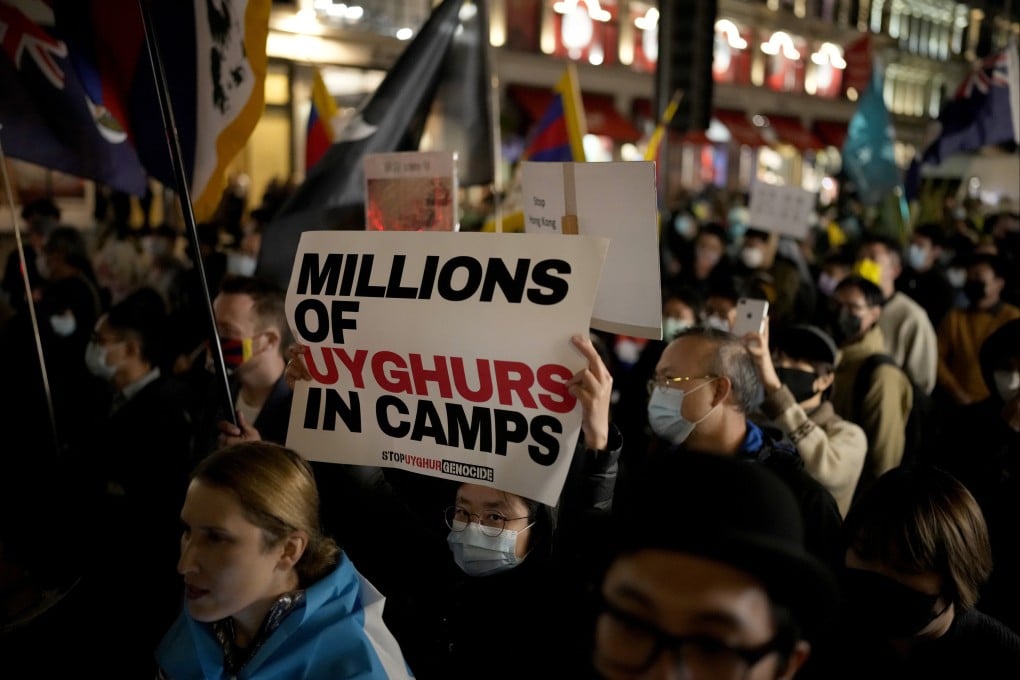Advertisement
‘Chinese investments at stake’ in Indonesia’s rejection of UN motion on alleged abuses in Xinjiang
- Jakarta careful not to upset Beijing for fear of ‘economic consequences’, given trade ties and number of belt and road projects in Indonesia, analyst notes
- China’s Islamic diplomacy and close ties with religious groups in Indonesia could also help shape the Xinjiang issue ‘according to the Chinese narrative’
Reading Time:3 minutes
Why you can trust SCMP
46

Indonesia may have had its eye on keeping its steady pipeline of Chinese investments intact when it decided against backing the West’s efforts to debate alleged human rights abuses against Uygur Muslims, according to analysts.
President Joko Widodo’s administration said it did not want the council to be used to exacerbate “political rivalries” between the West and China, after Indonesia last week voted against a motion within the UN Human Rights Council to hold a debate to scrutinise China’s human rights record against Uygurs and other Muslims in Xinjiang.
However, Derek Grossman, senior defence analyst at US global policy think tank RAND Corporation, said the rejection was because Indonesia did not want to incur the ire of China, its top trading partner.

“This vote was about holding human rights abusers accountable, regardless of the nation. Indonesia has been very vocal about the Palestinian and Rohingya causes, criticising Israel and Myanmar respectively, so what makes the Uygur plight in Xinjiang different?” Grossman said.
Advertisement
“China’s Belt and Road Initiative has many projects throughout Indonesia, and Jakarta is careful not to unnecessarily draw Beijing’s ire for fear of economic consequences.”
China was Indonesia’s largest trading partner last year, with trade volume between the two countries totalling US$110 billion. It is also Indonesia’s third-biggest foreign investor with investment value reaching US$3.2 billion last year. The top two, Singapore and Hong Kong, recorded investment values of US$9.4 billion and US$4.6 billion respectively.
Advertisement
Indonesia has long been vocal on issues such as the plight of Palestinians and Myanmar’s Rohingya, and also previously took India to task over remarks made by a ruling party member about the Prophet Mohammed, with officials in June summoning Delhi’s envoy to Jakarta.
Advertisement
Select Voice
Select Speed
1.00x